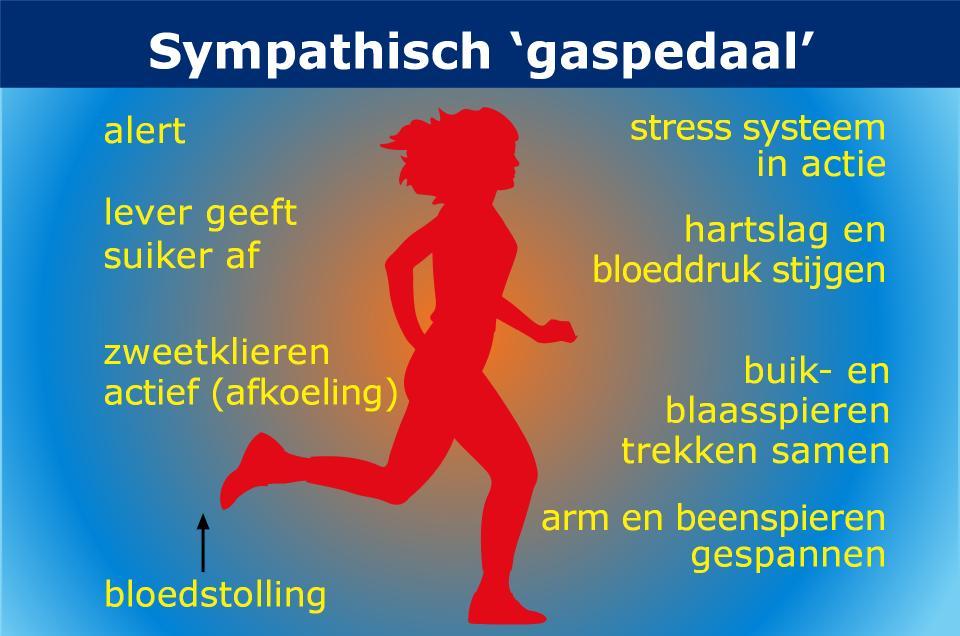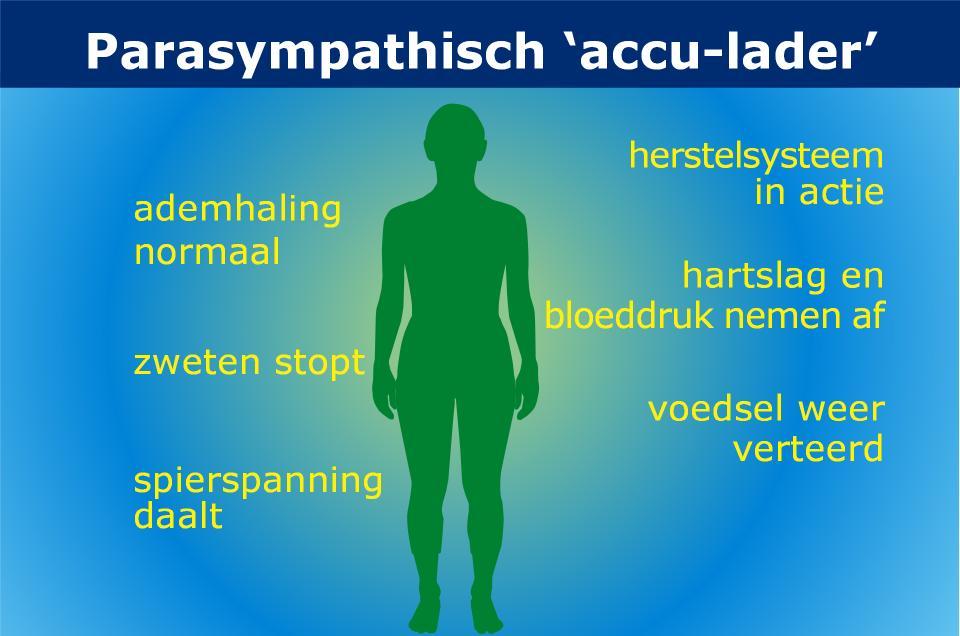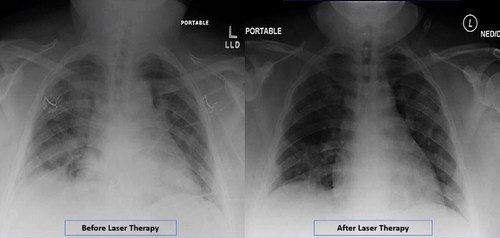Long Covid
The treatment with the Deep Tissue LASER
(= Photo Bio Modulation)
What is Long Covid? The complaints....
Long-Covid stands for the long-term Covid complaints that people may have afterwards. That is a very diverse collection of complaints. Various (including younger people) can get a Corona Covid19 infection with no or mild complaints. Only then does the misery start. They suffer from long-term serious complaints. These people usually suffer from all the complaints described below or a large number of very different complaints. There are currently people who have been suffering from this for 6 months and do not yet know how this will continue.
Symptoms of Long Covid
But what can you best imagine of Long Covid? Most people do not cough for months at a time and do not have a constant fever - the well-known corona symptoms. Instead, Long Covid often causes other symptoms, which can be very drastic and life-changing for some people. The following signals are most often reported by patients with long-term corona complaints:
1. Extreme fatigue
One of the most common symptoms people with Long Covid have is extreme, persistent fatigue. More than six in ten people with Long Covid indicate that they still have it after six months. It is described as fatigue that affects the entire body: from muscle weakness to a weak feeling in the body. It resembles CFS, Chronic Fatigue Syndrome and complaints such as Burnout.
2. Brain fog
An analysis of fifty studies examining more than 19,000 people with Long Covid shows that one in five people mention brain fog or Brain Fog as one of the symptoms. Six months after the first infection, they notice that this still has an effect on their daily lives; this is independent of how serious the complaints were during the COVID-19 infection. Similar to the symptoms of Burn-Out.
3. Sleep problems
The above analysis also shows that approximately 20 percent of people with long-term corona complaints also report sleeping problems. In the first six months after they become ill, they have developed problems with their sleep: whether that is insomnia, waking up more often during the night or not being able to get up.
4. Long-term loss of sense of smell
Of the people who lose their sense of smell due to the coronavirus, about a third do not notice any improvement in the first two months. Some people cannot smell even after six months, although fortunately that is an exception.
There are now several tricks that may provide a solution to this problem, although unfortunately they do not work for everyone. For example, eating a burnt orange could do wonders, and a shot of pure ginger could also help you smell again.
5. Palpitations
Palpitations and an irregular heartbeat are also frequently mentioned symptoms of long Covid, says the RIVM. Experts do not yet know what exactly the reason for this is. It is very similar to a dysregulation of the autonomic nervous system. Long-term corona complaints may be caused by an overreaction of the immune system, which may also involve the heart. In any case, these are often vegetative reactions.
6. Extreme hair loss
Hair loss is also one of the symptoms mentioned in Long Covid. It is normal to lose some hair every day, dermatologist Rick Waalboer-Spuij (Erasmus MC) tells RTL News. However, in people who are seriously ill from the coronavirus, this can suddenly become a lot more serious. Your hair follicles then become out of balance, causing your body to suddenly lose many more hairs.
“International studies show that approximately 25 percent of corona patients who have been in hospital suffer from hair loss.” Hair loss usually occurs about two months after the infection, because your body needs a long time to process everything. You do not have to have been very ill, because people with milder corona complaints can also suffer from hair loss, says Waalboer-Spuij.
7. Persistent muscle pain
A study conducted among more than three thousand long Covid patients shows that approximately nine in ten of them indicate that they have complaints such as muscle and joint pain in the first month after the infection. After seven months, about half of them still indicate that these complaints have still not disappeared.
A large proportion of people with long Covid also indicate that loss of muscle strength is one of the symptoms they notice; especially because they are often less active due to extreme fatigue. Physiotherapy is recommended for this.
8. Anxiety and panic disorders and mood swings
Finally, there are also mental symptoms that are consistent with long Covid. A third of corona patients still have demonstrable mental complaints months later that they did not have before the disease. Anxiety and panic disorders are especially common; 17 percent of all patients studied suffered from this. That was followed by problematic mood swings, which affect 14 percent. For approximately 13 percent of patients, this is the first time they have been diagnosed with a mental illness.
How does Long Covid occur?
Although no one knows exactly what causes the persistent complaints, it is now clear that there are a number of underlying mechanisms that play a role to a greater or lesser extent.
● One theory is that the virus overloads the immune system, causing a response that causes symptoms similar to chronic fatigue syndrome (CFS).
● Furthermore, there appears to be low-grade inflammatory processes in the brain (so-called neuroinflammation) and the body (systemic inflammation). Viruses trigger a response from the immune system, which attacks it. This response causes energy-draining stress and inflammation in the body. The consequences of this reaction often make people feel less vital, tired and sometimes depressed or that they are unable to achieve anything.
● Another important underlying mechanism is that the viral infection creates an energy crisis at the cell level, because the virus disrupts energy production at the cell level (in the mitochondria) for the longer term in various ways.
● What will also be the case for many is that the 'gas-giving' part of the Autonomic [involuntary] nervous system, the so-called sympathetic part, remains strongly activated (also called overstimulation of the limbic system), which causes any form stress (psychological, physical, chemical, overstimulation by light and sound) causes many additional negative reactions. This disruption of the autonomic nervous system can take many forms. In the pictures below you can see the influences.
Sympathetic activity = accelerate, Para-Sympathetic activity = put the brakes on


The treatment with the Class IV - Deep Tissue Laser
The treatment of Long Covid complaints with our strong Class 4 Deep Tissue Laser represents a big leap forward for many people. Often within just a few treatments there is a significant improvement in available energy and general well-being.
The treatment focuses primarily on optimizing both the Liver energy [Chi], which will provide more available energy, and also on the Spleen, which plays a major role in immunity. Furthermore, the lungs and painful muscle groups that the patient indicates are treated. The aim of the therapy is to boost the faltering energy factories of the cells [the mitochondria]. This will trigger a range of recovery processes. It is a completely natural treatment, even though the LASER phenomenon sounds futuristic. This treatment helps you get over the hump, as it were, and activates your body's own recovery capacity.
A second point of application is to stabilize the ''vegetative nervous system''. That is the nervous system part, which regulates all kinds of processes within your body, without you knowing about it. Your heart rate and blood pressure, for example, but also your digestion. It is therefore called the ''involuntary nervous system''. The ''normal'' nervous system, which allows you to walk and move, for example, is called the ''voluntary nervous system''.
The involuntary nervous system has a 'brake and an accelerator'. That system can go off track, causing a variety of complaints such as palpitations and the list above, etc. The treatment is therefore aimed at stabilizing that part of the nervous system.
A third point of action is to treat the meridians and acupuncture points associated with the spleen, kidneys, liver and lungs.
The entire package that we are focusing on will trigger positive changes in the list of symptoms that patients report to us with. The difference before/after the treatments is extremely striking in the vast majority of cases. Many symptoms are of course difficult to measure, but differences on X-rays of the lungs have proven to be demonstrable and objectifiable.

Source: https://www.prnewswire.com/news-releases/doctors-in-lowell-mass-report-positive-outcomes-for-second-covid-19-patient-treated-with-laser-therapy-301139656. html
Often 5 to 10 treatments are needed to achieve an improvement.
An appointment can be made via the appointment line: 0314 394222 or via the form.
Reimbursements
Due to the expansion of the basic package as of July 18, 2020, corona patients with long-term complaints can use paramedical care for at least six months, namely:
- Physiotherapy and exercise therapy: a maximum of 50 treatments. Occupational therapy: a maximum of eight treatment hours (in addition to the existing 10 hours). However, the existing 10 hours from the basic insurance may NOT be used for recovery from COVID 19, but can be used for other conditions/indications. Dietary advice: a maximum of 7 hours of advice (on top of the existing 3 hours). Here too, the existing 3 hours of dietary advice NOT may be used for recovery after COVID, but for other indications, such as diabetes.
It is not possible to transfer the entitlement from one paramedical discipline to another of the other paramedical disciplines. So you cannot “deploy” hours of occupational therapy if you lack physiotherapy.
For the time being, the necessary treatments are directly reimbursed through the patient's basic insurance. The only thing that the insured person must pay himself is the deductible of his/her health insurance. This amounts to 385 euros in 2020.
Who is eligible for this? All corona patients who have been in a regular hospital ward or have been seriously ill at home are eligible for broader coverage from the basic insurance that the government decided in July 2021. If necessary, a rehabilitation program (in the hospital or in a specialized rehabilitation center) is also possible for ICU patients. This is also covered by basic insurance. Of course, a referral from the doctor is required for this.
For corona recovery care, it is a condition that a general practitioner or another doctor, such as a pulmonologist, has diagnosed or strongly suspects a COVID-19 infection. The care is only intended for people who experience long-term corona complaints, such as fatigue or shortness of breath.
The first paramedical care treatment for people with Long Covid must also take place within one month of referral and lasts a maximum of six months. This can possibly be extended by six months upon referral from a medical specialist.
“At the end of the first period of 6 months, exceptionally and on well-documented indication of the medical specialist who made the diagnosis, a second treatment period of up to 6 months can be requested. If there is permanent lung damage or physical damage for which paramedical intervention is considered useful. As of July 1, 2021, the general practitioner (in addition to the medical specialist) may also make a referral for a second treatment period if specific long-term damage is suspected. "
Make an appointment to recover after Long Covid?
An appointment can be made via the appointment line: 0314 394222 or via the form.
ADDRESS
Physiotherapy Feyk Hogenbirk
Gezellenlaan 21
7005 AX Doetinchem
(Free parking)
T 0314 394 222
M 0653669587
info@fysiotherapiedoetinchem.com
OPENING HOURS
- Monday
- -
- Tuesday
- -
- Wednesday
- -
- Thursday
- -
- Friday
- -
- Saturday
- Appointment only
- Sunday
- Appointment only
All rights reserved | Disclaimer | Privacy | Website by Internet agency Doetinchem FrankBrinks.nl




